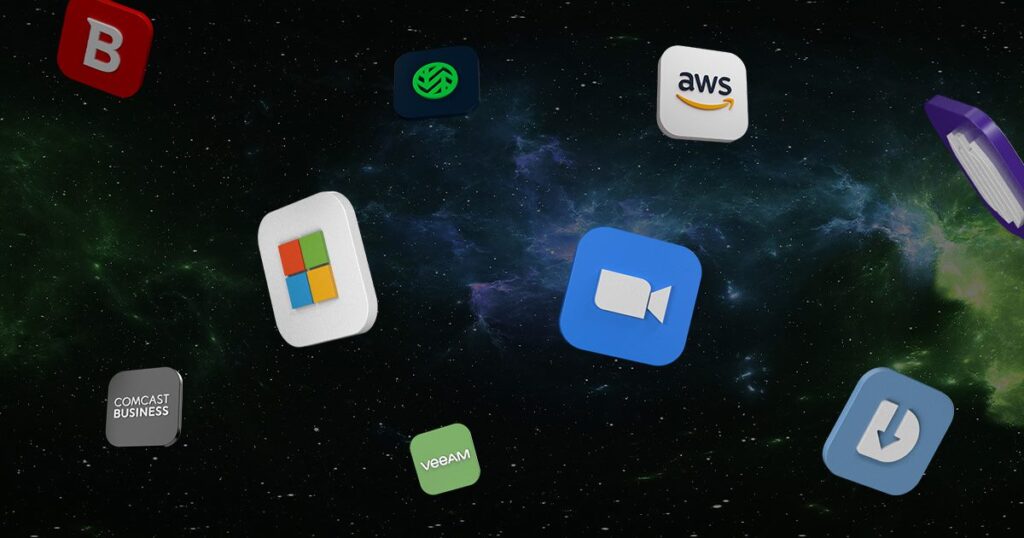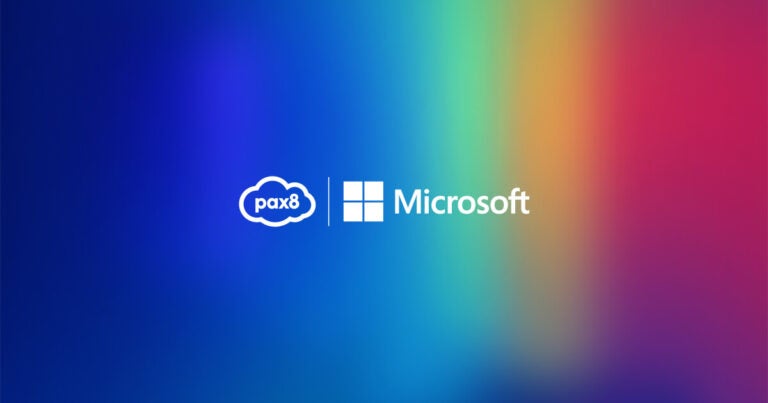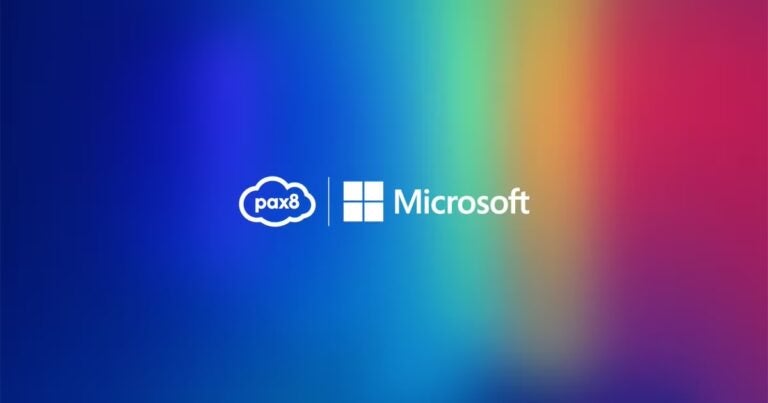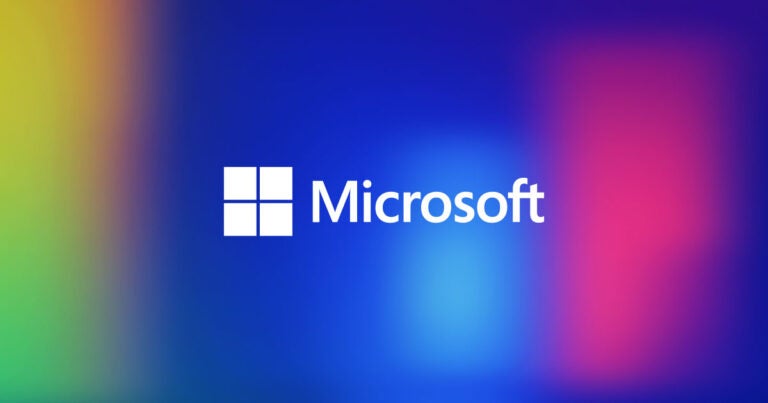At its core, a cloud marketplace is an e-commerce platform that allows users to buy technology that seamlessly integrates with their cloud. It provides its end users with applications that help fill gaps in their technology stack and integrate smoothly with the cloud service that they are already using. As even more of a benefit, applications on a cloud marketplace are designed to complement other applications and provision smoothly. There are many benefits to using a cloud provider, but the easy access to technologies that the cloud marketplace facilitates can help ensure that your organization is up to date on all of its tech needs, stopping you from falling behind the curve.
The Future of Cloud Marketplaces
Cloud marketplaces are becoming ever more relevant in the technology field. They’re especially useful for small and midsize businesses that may not have the ability to purchase large-scale solutions, as well as managed service providers that can pass solutions on to their clients. Marketplaces operate as a way to deliver technology smoothly and with very little friction for customers, ensuring that smaller IT teams can quickly acquire and operate new tech.
Cloud marketplaces have been revolutionary for these kinds of companies, and it shows in just how big the market has grown. Gartner has forecasted that cloud end-user spending will hit nearly $500 billion by the end of 2022, with $176.6 billion of that coming from software as a service (SaaS) investments. The market for cloud is still growing as well. Gartner also predicted that public cloud spending will account for more than 45% of all enterprise IT spending by 2026, a huge increase from 17% in 2021. For SMBs specifically, 53% of them spend more than $1.2 million on the cloud every year.
It is important to note that this level of growth means that traditional channels or software sales are being disrupted by the emergence of cloud marketplaces. As a company, if you want to improve your technology offerings, signing up for a cloud provider and a cloud marketplace is the premier way to stay technologically competitive.
How to Incorporate Cloud Marketplaces into Your Business
While the specifics of use for a cloud marketplace may differ between providers such as the Google Cloud platform, Microsoft Azure and Amazon Web Services, in general, they provide the same benefits to you as a customer. After making the selection of your preferred provider, there are a few tips that are important to bear in mind in order to get the most out of your cloud marketplace experience:
- Have fun with it: This may seem like a trite piece of advice, but you’ve just been opened up to a whole world of software that can enable your business to do great things. And that sense of satisfaction you get from finding a solution that will make your life easier and get you kudos from your peers and executives.
- Do your homework first: While there is nothing better than the thrill of the search, looking around is pointless if you don’t already have a map of what you need, as well as a plan of action to use it. Consider where you believe you are deficient on the tech side of things and prioritize your purchases wisely. Also, make sure to have a thorough implementation plan, as technological change lives and dies in the planning stages.
- Don’t be afraid to ask for help: While clouds are known for their self-service capabilities, it can still be helpful to have a sit-down chat with someone, or a more dedicated info sheet. Most cloud providers will have someone who can explain the technologies for you, or put you in contact with salespeople for third-party applications. You can make your experience as high- or low-touch as you need to ensure that you get exactly what you want.
The Cloud Marketplace Advantage
There are many advantages to purchasing your software through a cloud marketplace. Doing so makes your organization more flexible, and it’s ultimately cheaper at the end of the day. That being said, it’s worth considering a slightly more built-out view of why cloud marketplaces provide such an advantage to organizations:
- You can pick and choose your software on your own time: No more traditional sales processes (unless you want to go through it), means that you and your procurement teams can quickly and easily choose what you need from a centralized platform which gives you the visibility and information you need.
- Simple onboarding: Technologies on cloud marketplaces are designed to mesh well with your cloud environment, ensuring that you have little to no headaches when trying to implement new technologies.
- No bulk buying: A traditional vendor might sell software in bulk packages, some of which you may not need. With a cloud marketplace you can pick and choose the exact software you need without having to put up with anything extraneous, saving you money.
- It scales: Let’s say you want to buy 300 seats of a cloud program that puts a virtual rubber duck on your end users’ screens, and a year later you realize that demand has been so great for it that you need to scale up to 10,000. With a cloud marketplace, getting the licensing can be as easy as clicking a button.
The Pax8 Difference
Pax8 runs a cloud marketplace that can unlock a universe of possibility for your organization. We’re proud to say that with 23,000+ cloud solution suppliers and partners, as well as our robust support for our customers, we have the cloud marketplace that every other company will be presenting five years from now.
Not only do we provide a wide range of services for you, including automated provisioning, quoting tools, product resources, free trials, and an easy-to-use self-service portal, it’s also entirely free to get started. It’s time to manage your cloud better, and drive digital transformation within your organization.





